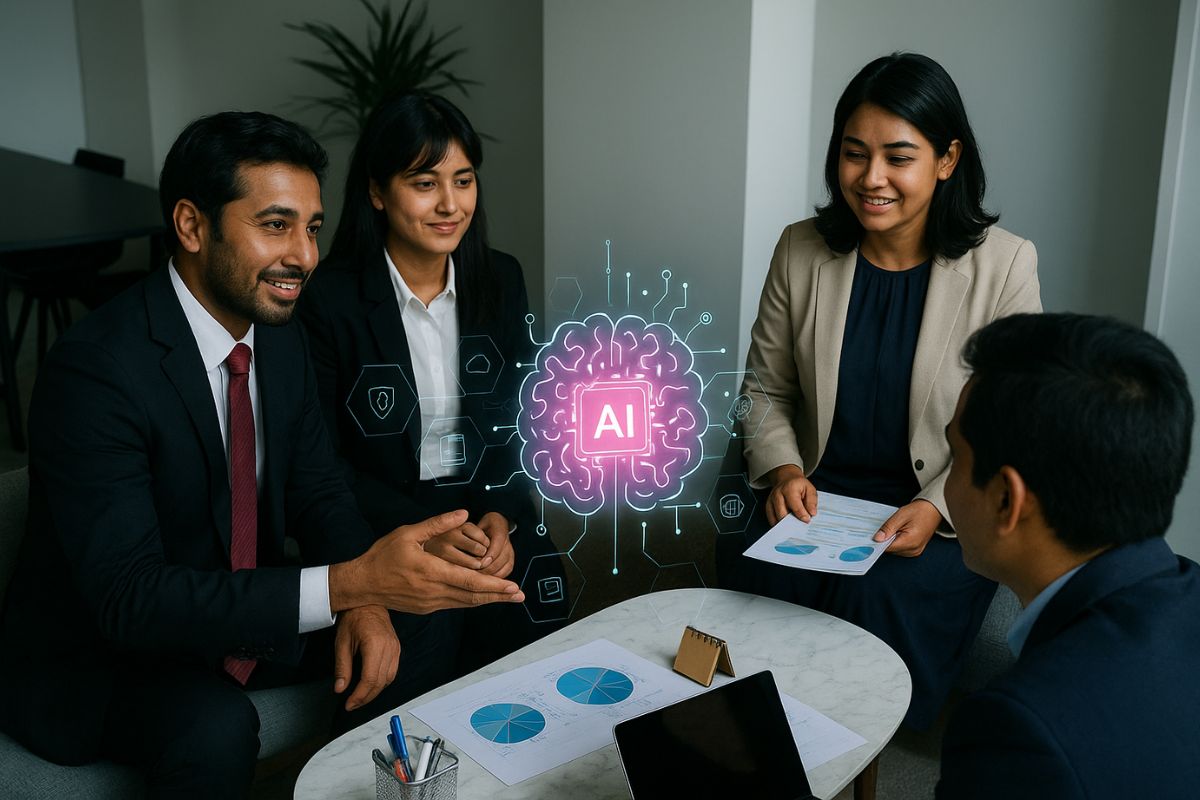
As we all know, Artificial Intelligence, AI, has come a long way. What began as basic machine learning models and also rule-based automation has truly transformed into adaptive systems, known as AI agents. Unlike past systems, which were strictly programmed, these modern agents can learn, think, and make decisions on their own. This is almost like having a digital assistant. Let’s explore the future of intelligent automation.
AI did not get smart overnight. It began with traditional ML models like support vector machines. These models were indeed great at analyzing structured data and making predictions. But then came deep learning, which introduced neural networks that could comprehend unstructured data like audio, images and text. This opened the door for more complex applications. But this technology required a lot of human oversight.
Next, we had Robotic Process Automation, RPA technology. The technology was ideal for repetitive tasks like form-filling, data entry, etc. But RPA could not handle much beyond predictable workflows. It lacked the intelligence to adapt to changing conditions.
And now, we have various types of AI agents: a new generation of systems combining intelligence with automation. These agents do not just follow instructions. They will learn from data, and respond to context. At the same time, they adapt to changes and could make independent decisions as well.
AI agent use a mix of advanced algorithms, machine learning, and large-scale data processing to understand data and take appropriate action. You have already experienced them in voice assistants, chat bots and automated health diagnostics.
Explore Types of AI Agents
⇨ Reactive Agents
⇨ Proactive Agents
⇨ Collaborative Agents
⇨ Learning Agents
These agents help organizations to improve accuracy and streamline workflows.
Large Language Models (LLMs) like GPT-4 are powering these agents. These models understand and generate human language, making AI agents more useful.
⇨ Natural interactions
⇨ Smarter decisions
⇨ Learning on the go
⇨ Versatility
AI agents do not just automate. They transform how we make decisions with:
⇨ Speed
⇨ Real-time insights
⇨ Less bias
⇨ Predictive power
Challenges Exist Too
Adopting AI agents may not always be smooth sailing. Hurdles you need to watch out for:
⇨ Privacy and security
⇨ Bias in data
⇨ Black box problem
⇨ Integration woes
⇨ High investment
Many companies struggle with integration woes when adopting new technologies. Partnering with reliable digital solution providers can ease this transition through expert IT and digital marketing support.
Traditional AI:
⇨ Needs human oversight
⇨ One task at a time
⇨ Struggling with change
⇨ Reactive
⇨ Works alone
⇨ Needs manual upgrades
AI Agents:
⇨ Operates independently
⇨ Can multitask
⇨ Learns and adjusts
⇨ Proactive and predictive
⇨ Teaming up with other agents or humans
AI agents are thus intelligent collaborators and not just tools. They help us navigate complexity and think faster, and also act smarter. The focus of a business embracing these advanced systems should be on balancing the power of autonomy with the responsibility of fairness, ethical use, and transparency. The age of AI intelligent agent is already here; and it is changing everything.
One-stop solution for web-app development, digital marketing & designing needs
Navigate Your Niche Successfully.

TRAVEL
& HOTELS

INTERNET OF
THINGS

FINANCE
BANKING & INSURANCE

ENERGY
SECTOR

REAL ESTATE

EDUCATION

HEALTHCARE

GOVERNMENT

AUTO

SPORTS

RETAIL

LOGISTICS